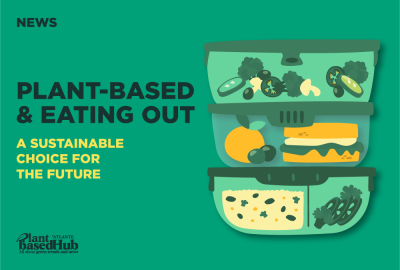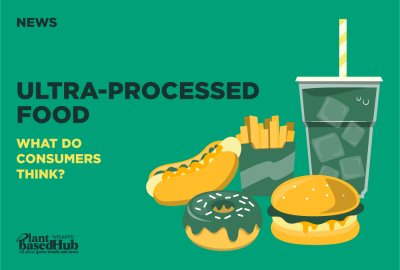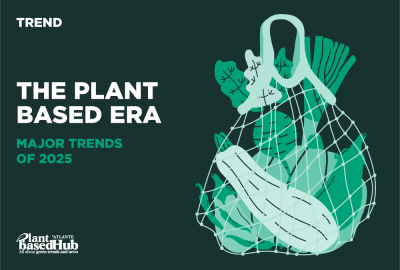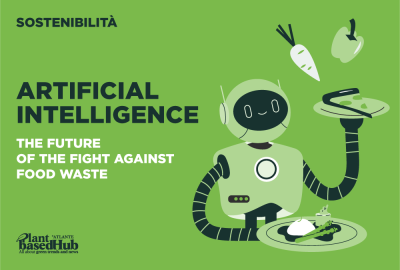Atlante
News
Cultured meat, a real food revolution
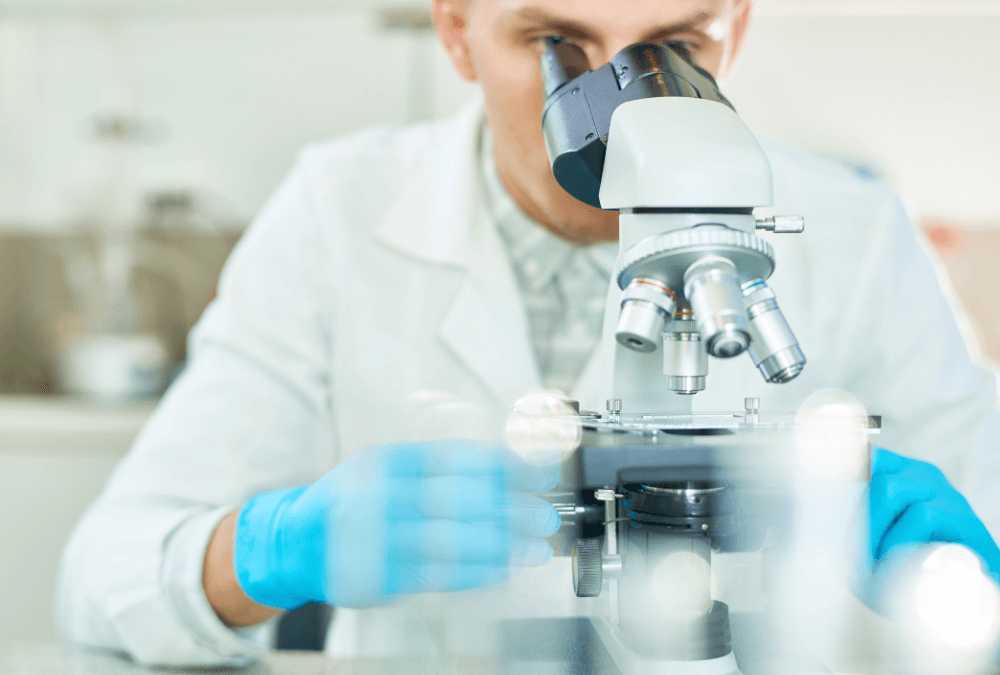
20 September 2023
With the introduction of a recent bill in the Council of Ministers in Italy, the debate over cultured meat — often misdescribed as ‘synthetic meat’ — has attracted public attention once again. But what is cultured meat, and what are its limitations and potential?
Cultured or ‘synthetic’ meat: what is it?
Cultured meat comes from real animal cells, obtained through a biopsy. The cells are carefully grown on a nutritious soil where they develop into real muscle cells. At the heart of this research are bioreactors, already employed in the production of foods such as beer and yoghurt, which provide a controlled environment for cell growth. It is important to emphasize that the process of growth and multiplication of these cells is natural, and follows what would happen in a living organism.
The European Union classifies cultured meat as a novel food, subjecting it to strict checks. However, cultured meat has not yet entered the European market. A final decision by EFSA (the European Food Safety Authority) will determine its future in the EU, but the proposed bill could limit its production and sale on Italian territory.
The environmental impact of meat production: the role of lab-grown meat (and why Italy rejects it)
The meat industry is one of the main culprits of the global environmental crisis. Intensive farming brings with it ethical and health problems, such as emissions, excessive use of resources, and the spread of zoonoses.
In this scenario, cultured meat has several benefits, including the potential reduction of the risk of animal diseases and the elimination of the need for antibiotics. Despite this, last July the Senate banned the import production of meat grown in our country. After stopping the consumption of insects, the government decided to block another important innovation on the basis of ideological reasons, leaving Italy behind both Europe and the rest of the world.
This move, however, is nothing but a slowdown according to Wolfgang Gelbman, the Scientific Director of the European Food Safety Authority, who stated that synthetic meat “will soon or later enter European Union’s food market”.
It is now clear to most that, in the face of climate and environmental challenges, the current model of meat production is no longer sustainable. The laboratory-grown alternative could offer a concrete and viable solution that, in the years to come, can be adopted on a large scale.


